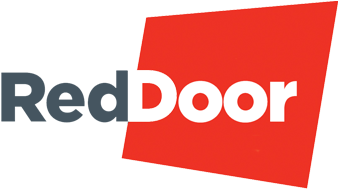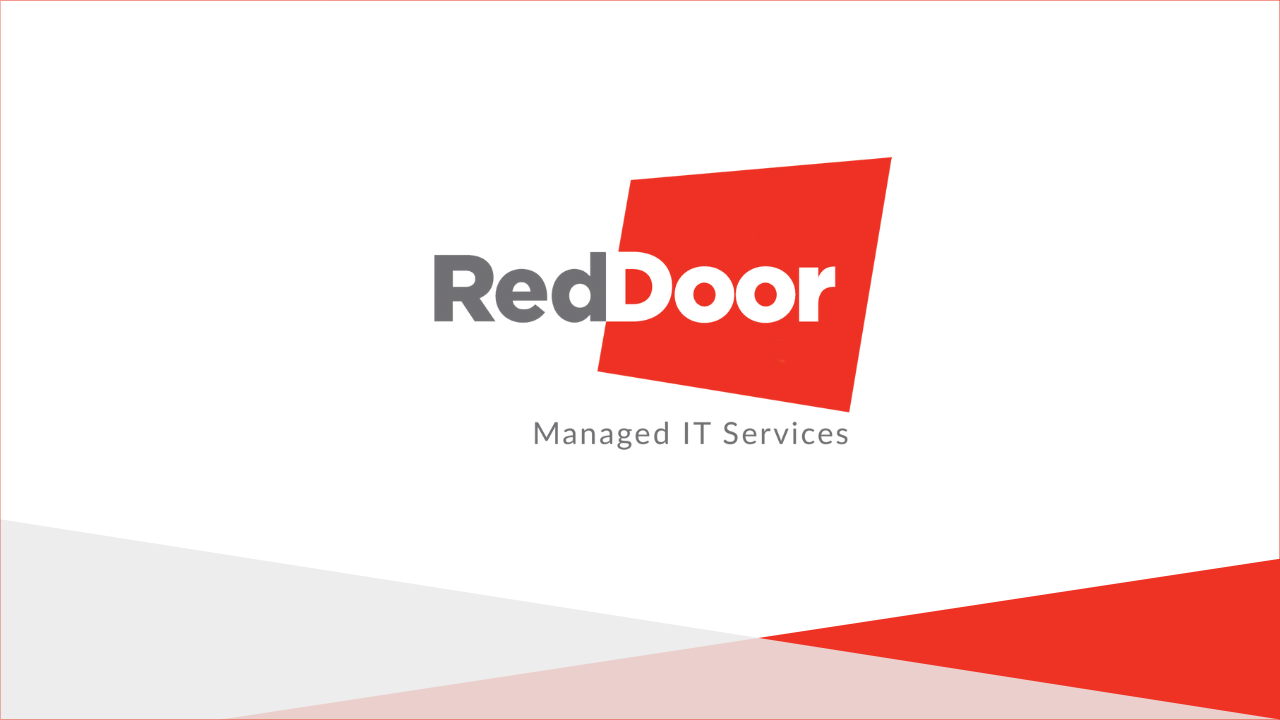Outsourced IT support vs. in-house IT support
For as long as IT has been around, businesses have debated whether outsourced or in-house IT support is best. Effectively managing IT costs and performance is vital for modern business success, as productivity can plummet when systems malfunction. Proper IT staffing and systems are essential to ensure smooth operations and sustained growth. However, business owners often struggle with deciding whether to keep IT services in-house or outsource them to an established service provider.
What is in-house IT support?
In-house IT support entails having an IT department or specialist working directly within your business premises. You hire and manage this team or individual, retaining complete control over their activities. They are accountable for resolving any IT issues that arise within your organisation.
Advantages of in-house IT support
One primary advantage of in-house IT support is the ability to build a team with specialised knowledge of your systems. An internal IT team that works solely for your company will have extensive knowledge of your IT infrastructure, allowing them to resolve issues quickly and efficiently. Additionally, an in-house team will be aligned with your business objectives and goals, ensuring IT development closely follows your business strategy. For companies with numerous IT projects, having an internal team may appear to be a cost-effective solution.
Disadvantages of in-house IT support
The most significant drawback of in-house IT support is cost. Beyond annual salaries, which can range between £30k and £60k, there are additional expenses such as employer NI, pensions, bonuses, recruitment, training, and providing the necessary equipment. Covering annual leave and sickness can be challenging, especially for small businesses that need at least two IT staff members to avoid operational disruptions.
Moreover, retaining IT staff is difficult if your core business is not IT-related. Creating a structured career path for IT professionals and managing them effectively can be challenging without the requisite knowledge and experience. Small internal IT teams may also have knowledge gaps that can hinder productivity, particularly when developing new processes and systems.
What is outsourced IT support?
Outsourced IT support involves resolving IT or technology issues through an external provider. You contact a company that manages your systems to address problems remotely. When onsite assistance is needed, their technicians come to your location. While you select the company (supplier/IT provider), you do not directly hire their engineers or technicians.
Advantages of outsourced IT support
Outsourced IT support offers numerous advantages, with cost-effectiveness being a significant benefit. Outsourcing allows companies to fix costs for a contract period, aiding budgeting and often including services like antivirus software, email filtering, and backup that would otherwise be additional expenses for in-house teams.
Outsourced IT support provides access to a broader range of knowledge and industry experience. IT support companies employ numerous qualified professionals with various specialisations, ensuring comprehensive coverage of all IT aspects. This larger team also guarantees holiday and sickness coverage, providing continuous support and allowing your internal resources to focus on core business activities.
Proactive monitoring, maintenance, and reporting are other significant benefits of outsourcing. Small businesses can benefit from being forewarned about ageing equipment, expiring warranties, and potential issues, preventing costly downtime. Additionally, outsourced IT providers stay updated with the latest technology, offering consultancy services that can give your business a competitive edge. Larger providers may also offer alternative financing options, like hardware-as-a-service, to keep your infrastructure current without significant upfront costs.
Disadvantages of outsourced IT support
One potential disadvantage of outsourced IT support is relinquishing control of your IT systems to an external party. Therefore, it is crucial to find an IT support company that understands your business objectives and company culture. The ideal partner should feel like an extension of your business, not just a supplier, with appropriate controls, systems, and insurance in place.
Some businesses may prefer more visibility and in-person contact. While most outsourced support is handled remotely, this can be a barrier for companies that value face-to-face interactions.
In-house or outsourced IT support?
Every business will have a different perspective on which type of IT support is best. Cost will always be a factor, but it should not be the only consideration. It is crucial to evaluate the pros and cons of hiring an outsourced IT support company compared to maintaining an internal team.
While in-house IT support offers certain advantages, the cost-effectiveness, broader knowledge base, continuous support, and access to the latest technology make outsourced IT support the superior choice for most businesses. Partnering with an experienced managed IT service provider like RedDoor ensures that your IT systems run smoothly, allowing you to focus on what you do best – growing your business.
Contact us today to see how we can help.
⭐⭐⭐⭐⭐
“We have been working with RedDoor for a few years now and they have proven to be a very good IT partner for us. They understand our business requirements and most importantly are pro-active in ensuring that our current IT infrastructure works for us while keeping us up to date on where our IT should be heading. Everyone in the team is friendly and brilliant to deal with. They are very responsive and deal efficiently with any issues that arise. I cannot recommend them highly enough!”




